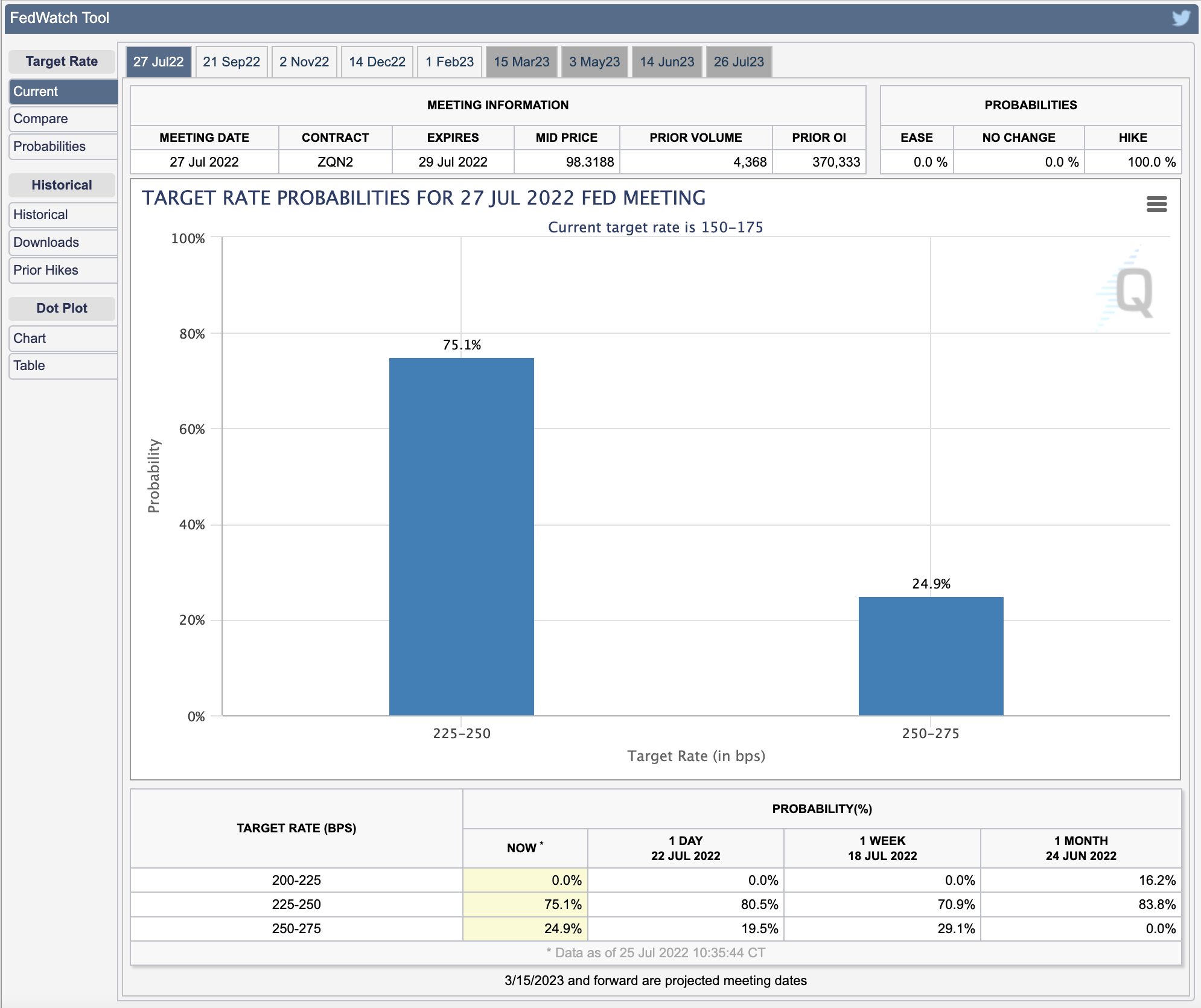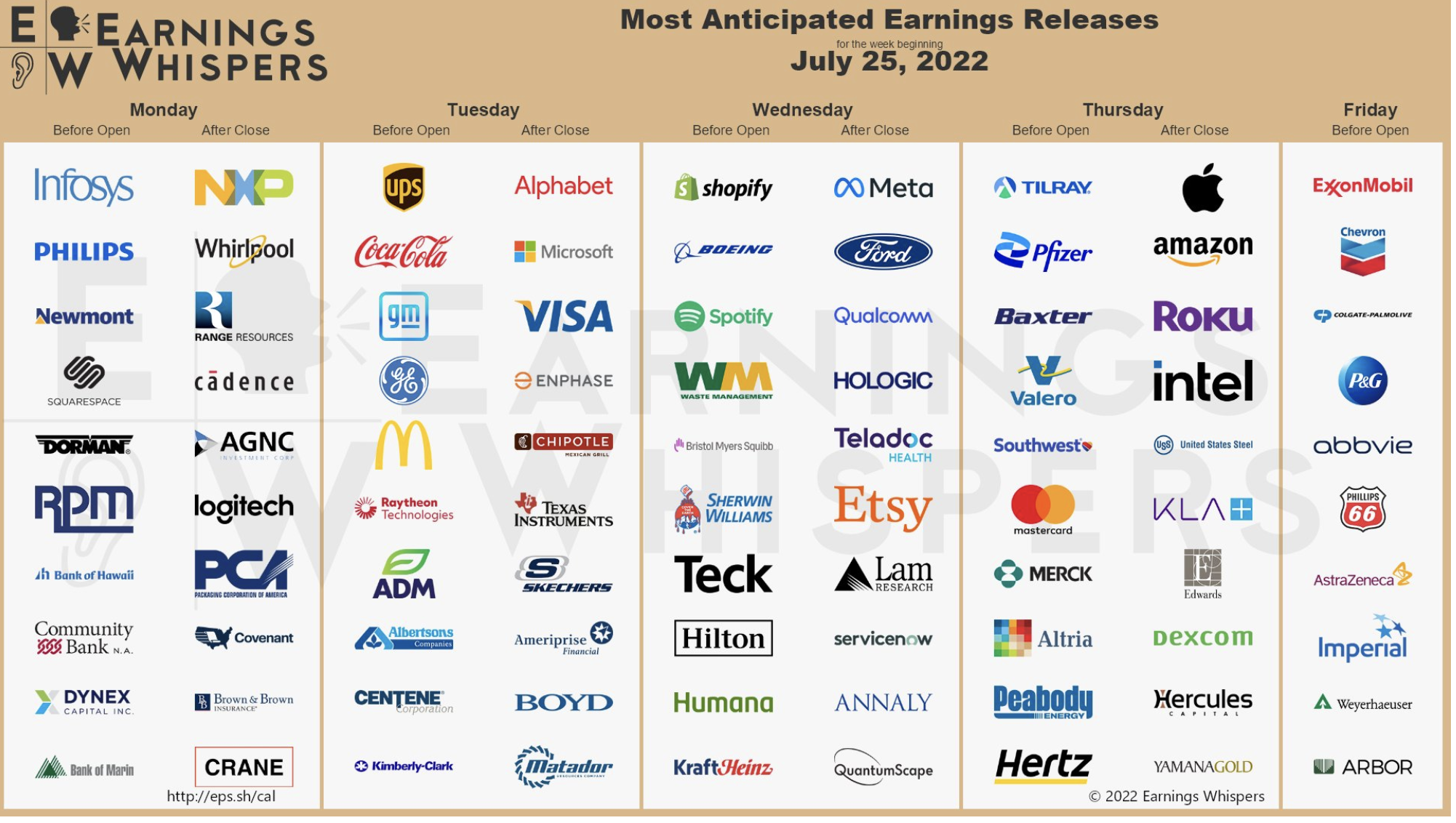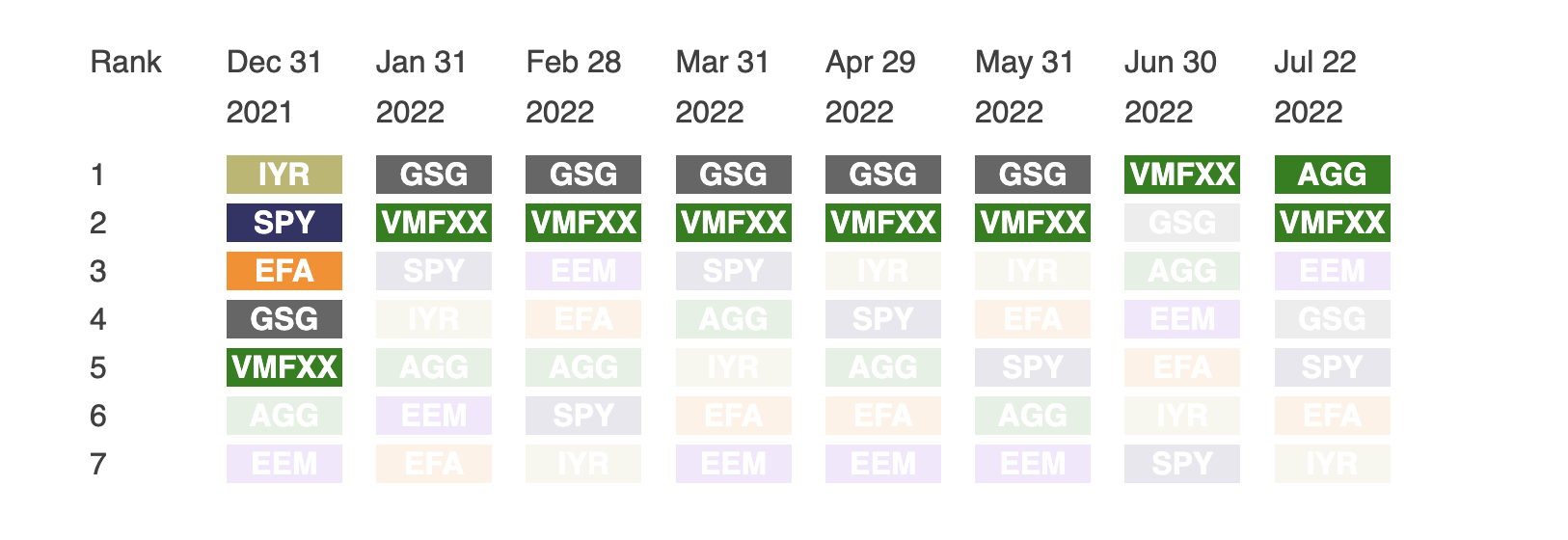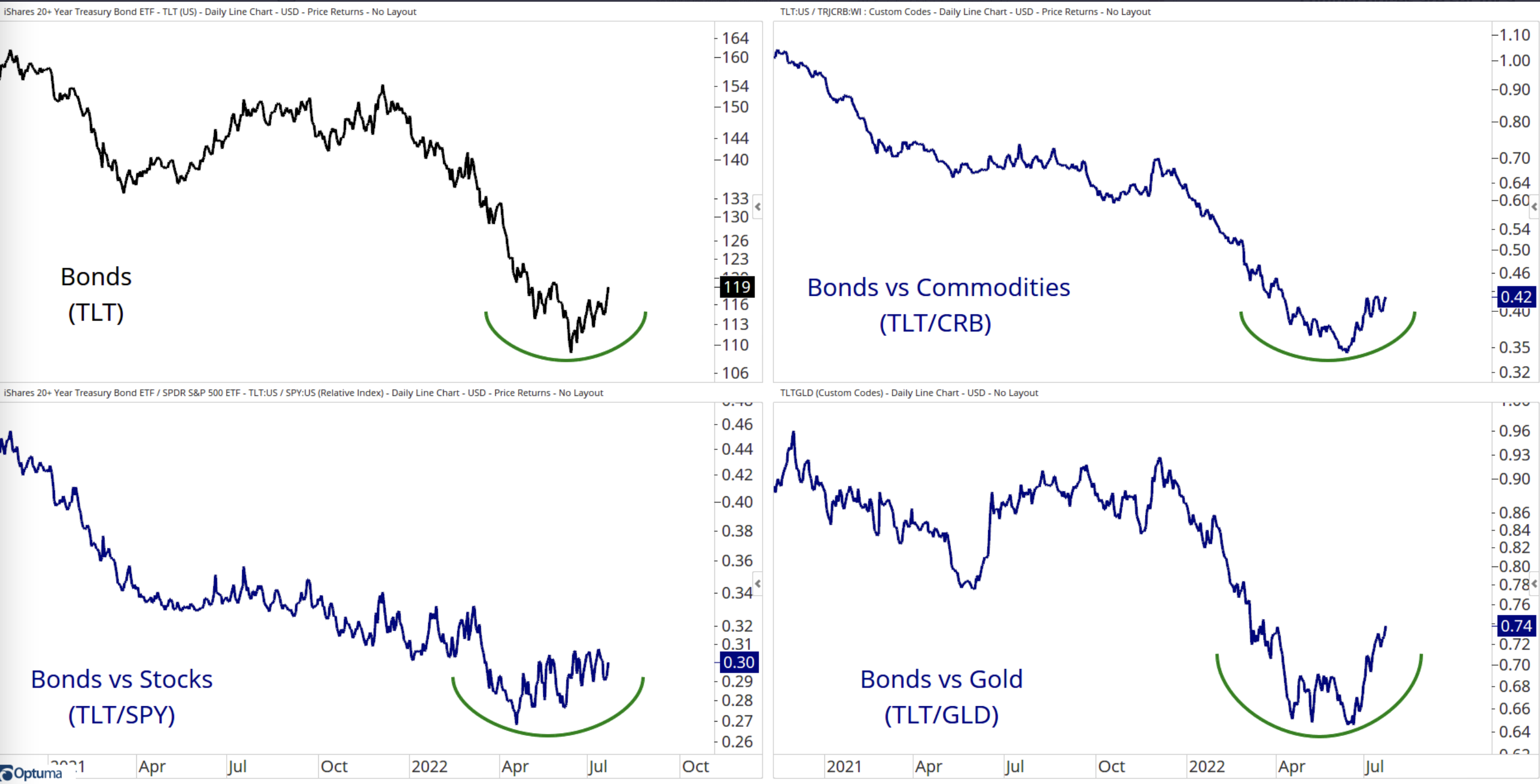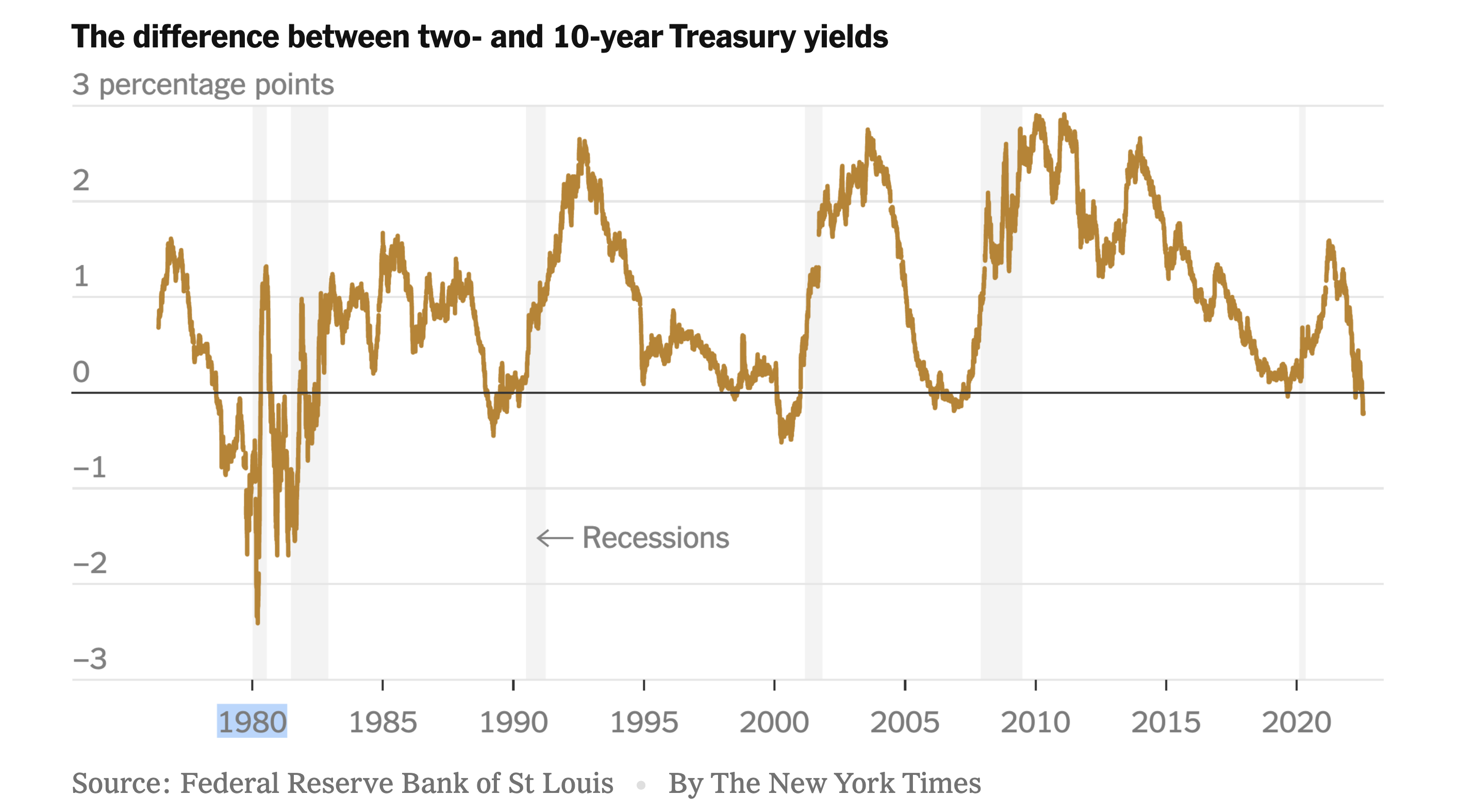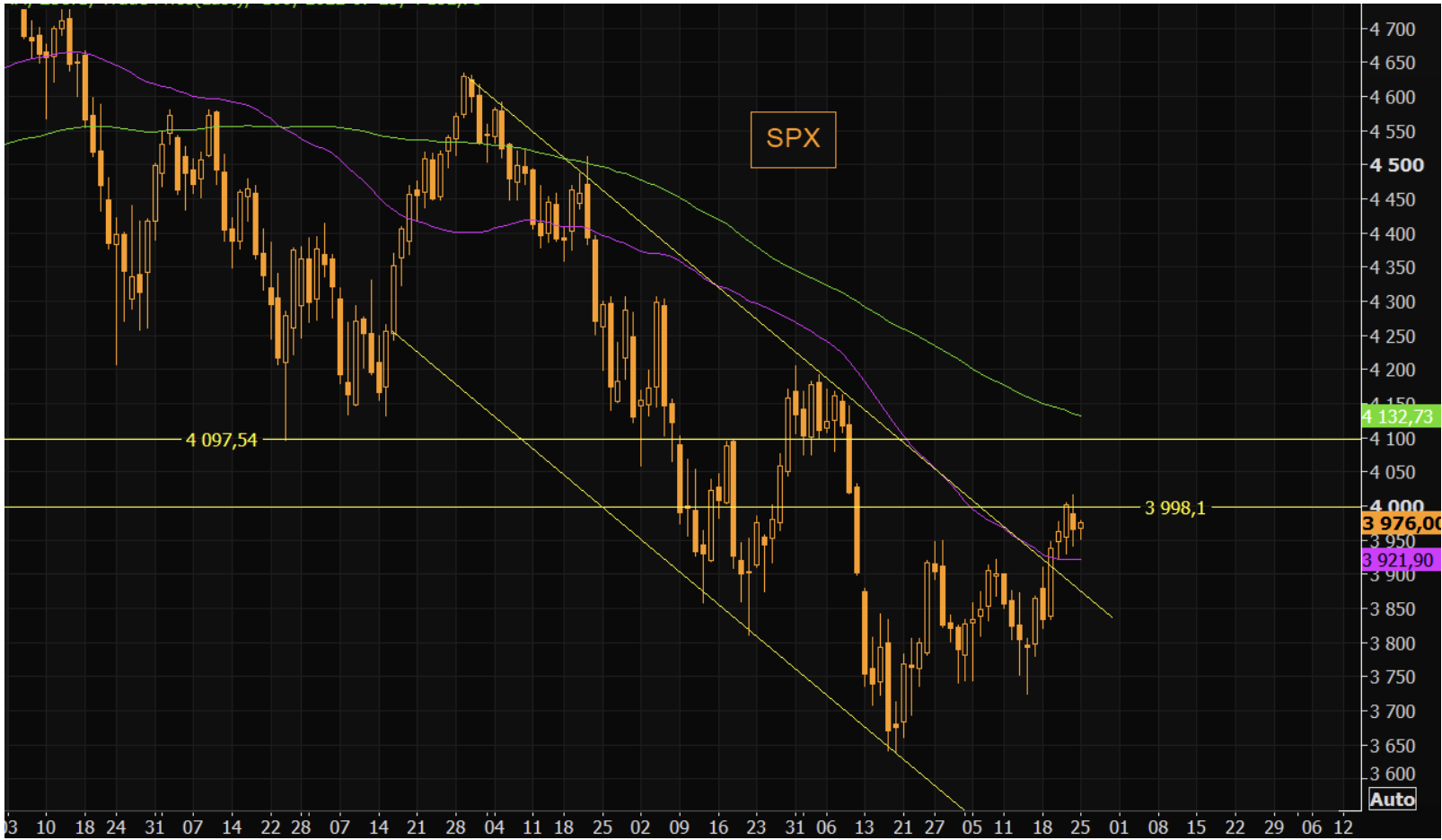Related Blogs
July 26, 2022 | Avalon Team
On Wednesday, there is the FOMC meeting and announcement on interest rates.
The market is currently showing a 75.1% probability that the Fed will increase rates by 75 bps.
With inflation running at or above 10% and the Fed mandate to get inflation down to 2%, I am not sure that a mere 75 basis point increase will reduce inflation.
This comes on the heels of Friday’s data showing that the global economy continues to accelerate to the downside.
The PMI Composite output index — which tracks activity across the services and manufacturing sectors — fell to 47.5, indicating contracting economic output.
That’s also the index’s lowest level in more than two years.
What makes this period in market history interesting is that we may have monetary authority raising rates against a backdrop of fear of an economic slowdown and earnings contractions.
In addition to the FOMC meeting, investors will also have a slew of earnings to digest.
This week will see the largest number of earnings reports released for this quarter. This could certainly impact market volatility. This includes:
- Tuesday: MSFT, GOOG + GOOGL
- Wednesday: META
- Thursday: AAPL, AMZN
These six companies weigh more than 40.6% of the Nasdaq composition, so trust me when I say that this week will be DECISIVE for the market direction.
Here is the expanded calendar of earnings announcements for this week.
So here is the BIG QUESTION – has the market bottomed or just giving us a head-fake, whipsaw, to take out the shorts before it really heads South.
I hate to be the bearer of bad news, but the future is unknown.
What I do know is this: When I examine the broad asset classes on a trailing 3-month basis, I can see that coming into July, cash was still heavily favored.
But, something interesting has just happened… bonds have taken the top spot after performing miserably all year.
This caused me to look more closely, and indeed, bonds are beginning to perform better on a relative basis versus several key asset classes as these charts demonstrate.
So this is definitely on my radar. It seems that the bond market is also signaling a slowing economy.
Wall Street’s most-talked-about recession indicator, the yield curve, is sounding its loudest alarm in two decades, intensifying concerns among investors that the U.S. economy is heading toward a slowdown.
As the Fed has gone to war against inflation and has started down the path of raising short-term interest rates, Investors, on the other hand, have become increasingly fearful that the central bank will go too far, slowing the economy to such an extent that it sets off a severe downturn.
This worry is reflected in falling longer-dated Treasury yields like the 10-year, which tell us more about investors’ expectations for growth.
What sets the yield curve apart is its predictive power, and the recession signal it is sending right now is stronger than it has been since late 2000 when the bubble in technology stocks had begun to burst and a recession was just a few months away.
Turning our attention back to stocks, despite the recent rally since mid-July, the Nasdaq is trading within a range it has been in since May with big resistance at 12,800 and support at 11,600.
The S&P 500 has finally broken the negative trend channel and is above its 50-day moving average.
If last Friday’s high can be taken out, the next upside target is likely to be around 4100.
If however the current support of 3900 is broken, then I could see new lows in the mid-3400 range.
To summarize, while market breadth has begun to improve, the data is mixed and is at best neutral.
With the Fed meeting this week and the plethora of earnings reports, we might get a lot more clarity on the trend of this market as this week ends.
If you have any questions or have been considering hiring an advisor, then schedule a free consultation with one of our advisors today. There’s no risk or obligation—let's just talk.
Tags

Free Guide: How to Find the Best Advisor for You
Get our absolutely free guide that covers different types of advisory services you'll encounter, differences between RIAs and broker-dealers, questions you’ll want to ask when interviewing advisors, and data any good financial advisor should know about you and your portfolio.


